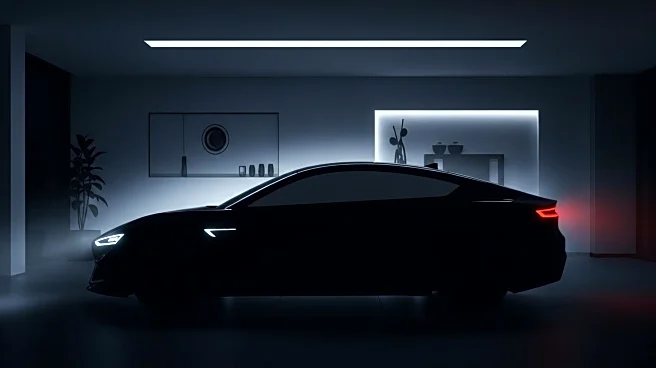What is the story about?
What's Happening?
The National Highway Traffic Safety Administration (NHTSA) announced a delay in the implementation of updates to the U.S. government's New Car Assessment Program. Originally set to take effect in the 2026 model year, the updates will now be postponed until the 2027 model year. This decision follows a request from a group representing nearly all major automakers, who argued that the agency had not published necessary test procedures for evaluating crashworthiness and pedestrian protection. The updates include new requirements for blind spot warning, blind spot intervention, lane-keeping assist, and pedestrian automatic emergency braking.
Why It's Important?
The delay in implementing these updates is significant for both the automotive industry and consumer safety. Automakers benefit from additional time to adapt to new safety standards, potentially reducing immediate compliance costs. However, the postponement may impact consumer safety, as the enhancements aim to improve vehicle safety features and reduce accidents. The decision highlights the ongoing balance between regulatory requirements and industry readiness, affecting stakeholders such as car manufacturers, safety advocates, and consumers.
What's Next?
With the delay, automakers have an extended timeline to prepare for the new safety standards. NHTSA is expected to work on finalizing and publishing the test procedures necessary for evaluating the new safety features. Stakeholders, including safety advocacy groups, may push for quicker implementation to enhance vehicle safety. The automotive industry will likely continue discussions with NHTSA to ensure the updates are feasible and effective.















